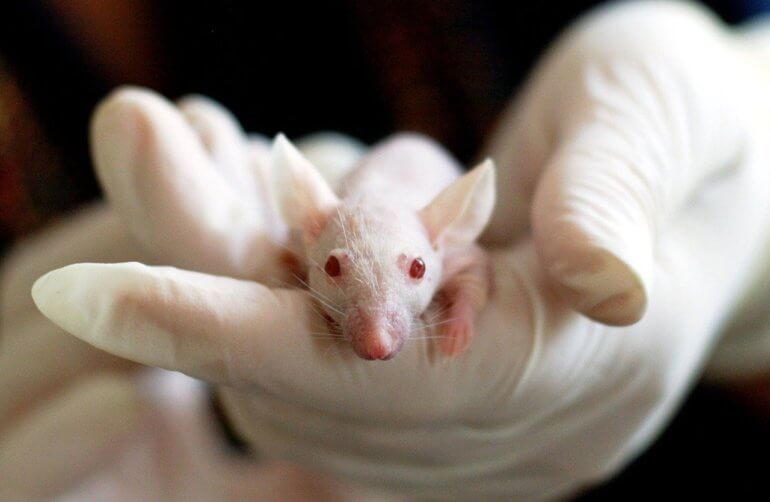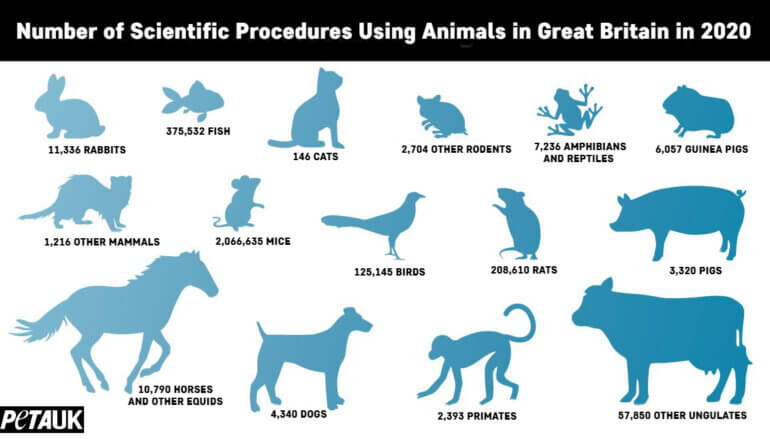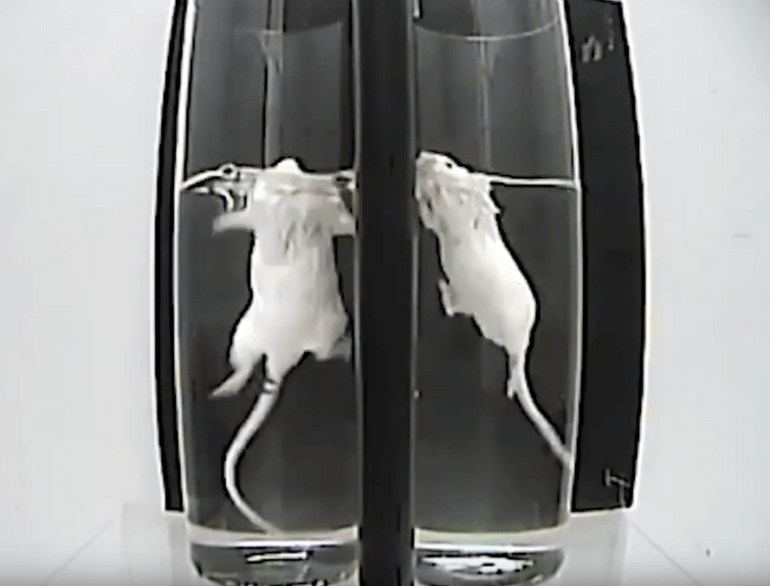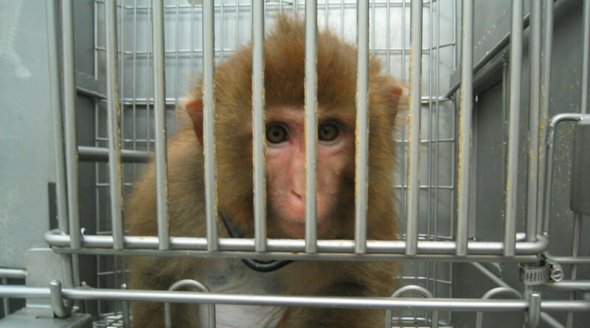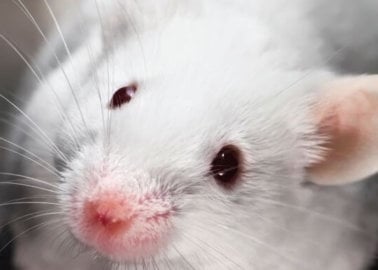2.88 Million Procedures Using Animals Occurred in British Laboratories in 2020
The Home Office has just released its annual statistics on the number of scientific procedures performed on animals in Britain last year. Here’s what they tell us, what they don’t tell us, and what the future holds for animals in laboratories.
2.88 Million Procedures on Animals
Annual statistics tell us very little about the suffering of dogs, cats, mice, and rabbits used in experiments and even less about the scientific debate that’s raging behind the scenes.
In 2020, 2.81 million animals were used in 2.88 million procedures, of which 86,395 were classified as “severe,” meaning that the animals endured intense and protracted pain, suffering, or distress. But that’s not the end of the story – recent reviews and scientific breakthroughs are a sign of positive changes to come. Just consider these four examples:
Global Shift Away From Using Animals in Skin Tests on the Horizon
Let’s start with skin-allergy tests. Experiments on animals in this area will soon become history. Earlier this month, the Organisation for Economic Co-operation and Development approved a combination of multiple non-animal tests to identify substances that cause skin allergies.
This groundbreaking method provides scientists with more predictive and human-relevant results than tests on animals do.
It will prevent scientists from applying chemicals to the exposed skin of tens of thousands of animals – which causes painful swelling, blistering, and inflammation – before killing and dissecting them.
PETA scientists will do everything possible to support the global shift away from using animals in skin-sensitisation tests.
Alzheimer’s and Parkinson’s Research Must Move Away From Using Animals
What about neurodegenerative diseases, such as Alzheimer’s disease and Parkinson’s disease? In May, experts from the European Commission’s Joint Research Centre (JRC) published a knowledge base of more than 550 non-animal models used for research on neurodegenerative diseases.
The report paves the way for a transformation in neuroscience research, noting that “[o]ne important obstacle to progress in the field of neurodegenerative diseases is the heavy reliance on animal models which are failing to capture key features of human biology and disease.”
The use of non-animal models will make a world of difference for the monkeys, rats, and mice condemned to cages and used in experiments in which they’re made to suffer from artificially induced Parkinson’s-like symptoms and then killed when they’re no longer needed.
The publication is the third in a series of seven by the JRC on the use of non-animal models worldwide in biomedical research. The previous publications were on breast cancer and respiratory disease.
Antidepressant Drugs Shouldn’t Be Tested by Nearly Drowning Mice
This week, following pressure from PETA, experts from the Medicines and Healthcare products Regulatory Agency concluded that the forced swim test and similar animal methods can’t predict the efficacy of potential new antidepressant drugs.
The authors cite PETA’s work with pharmaceutical companies. They agree that the test isn’t a reliable model of depression and could even end up ruling out new drugs that may be effective in humans.
The absurdity of dropping small animals into beakers of water and forcing them to swim for their lives has finally been recognised.
COVID-19 Vaccine: Opportunities for a New Testing Paradigm
Last year, COVID-19 vaccine producers Pfizer and Moderna proved that vaccine approval can and should happen far more quickly, without waiting for the results of mandatory animal tests and instead relying only on human data to demonstrate efficacy. This shows that the results yielded by tests on animals can slow down the development of medicines that help humans. PETA is calling on the government to switch from archaic animal experiments to 21st century technology, such as organs-on-chips and Summit, one of the world’s fastest supercomputers.
So, while the numbers decreased through a period of national lockdown, there’s growing evidence that a transformation is underway. An increasing number of scientists are turning away from animal use towards more effective – and ethical – human-relevant methods.
Let’s Keep the Momentum for Animals Going
The tides are turning. We’re confident that together, we can stop all cruel and archaic tests on animals – but animals in laboratories need your help right here and now. Support PETA’s Research Modernisation Deal, and sign our petition urging the government to commit to ending all experiments on animals:

